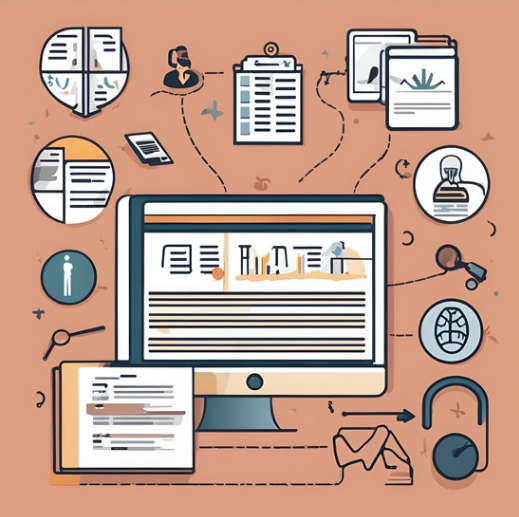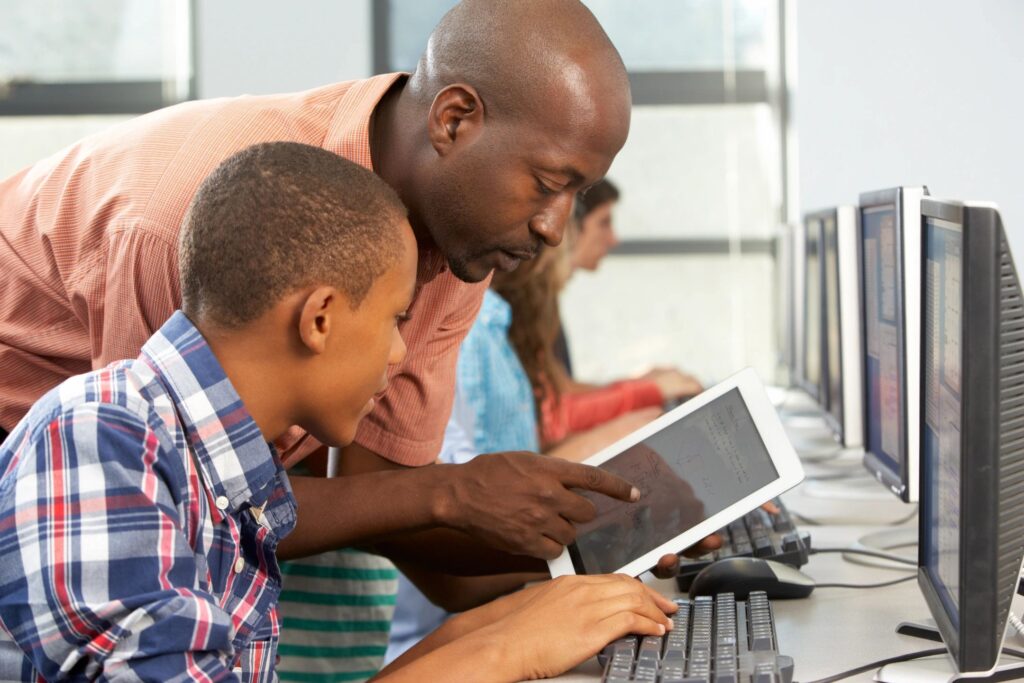Cognitive Psychology
Psychology, Mental Health, and Well-Being Handouts, Worksheets, and Infographics
ADDRESSING 3D WorksheetThe ADDRESSING Model, developed by Pamela Hays, helps people understand important social identities and how they influence us. This worksheet focuses on identifying how various cultural and social identities influence us in three dimensions – our sense of self, how …Read more
Read MoreThe Education Gender Gap: APA Task Force looks at How to Help Boys Succeed in School
The April/May, 2023 edition of the Monitor on Psychology, the bimonthly magazine of the American Psychological Association, led with a cover story about helping boys and young men succeed in the classroom (Abrams, 2023). The article was introduced with a bold statement: “At school, by almost every metric, boys of all ages are doing worse…
Read MoreDoomscrolling: The Ultimate Negative Flow State and Four Ways to Counter It
First, A Little Psychology I’ve written before about social media use and how it can be both helpful and harmful. The article, Is Social Media Reflecting Our Pathology or Adding to It?, concluded that social media does both. The trick to making social media a positive experience is understanding how their algorithms work. The first…
Read MoreFour Resilience Skills To Counter Depression and Unhealthy Stress
Stress Is Good Stress can be bad but it can also be good. And even when it is bad, it can still be good. Let me explain. While we typically think of stress as a negative, there is a type of stress called eustress that is considered positive and healthy. Eustress is the stress we…
Read MoreMapping People’s Perceptions of Extreme Weather in the US
By this point, meteorologists have collected enough information to build detailed maps of weather across the United States. But a team of researchers in Oklahoma and Tennessee have suggested a new kind of map that tracks what people think the weather is like in different parts of the country. The researchers were especially interested in…
Read MoreA Magic Trick That Shows How Unconscious Cues Can Influence Our Choices
Think of a card, any card… I can tell you what card it’s probably not. It’s probably not the three of diamonds. After all, there’s just a 1 in 52 chance that you’d pick that card. And in an experiment that was part of a recent study by researchers in the UK, none of the…
Read MoreHow Different Types of TV Viewing Relate to Children’s Language Skills
Something you never hear anyone say is “children these days don’t watch enough TV.” Indeed, a 2017 report found the average child in the US who is 8 years old or less has more than two hours of screen time a day, with a good chunk of that going into television viewing. You might suspect…
Read MoreFeelings of High Socioeconomic Status Can Lead People to Confuse Opinions and Reality
It’s sometimes said that wisdom is about knowing what you don’t know. If that’s the case, then the opposite of wisdom must be what psychologists sometimes call naïve realism – a tendency to believe that one’s personal view of the world represents objective reality. There are a variety of factors that might lead people to mistake their…
Read MoreHaving Many Possible Activities Nearby Can Increase Boredom
Boredom is an emotion that can be as much about what you aren’t doing as what you are. We tend to think that the less we do, the more bored we get. But a new study published in the journal Cognition and Emotion suggests an alternative interpretation: the more we don’t do, the more bored…
Read MoreJobs That Involve Dealing With New Information Might Help Brain Health
Do you have a job where you regularly find yourself having to take into account and adjust to new information? That can keep you on your toes, but it might also help keep your brain in top shape over time, according to a new study from researchers at Columbia University. In the study, researchers analyzed…
Read More









